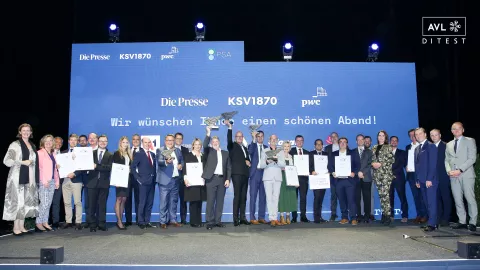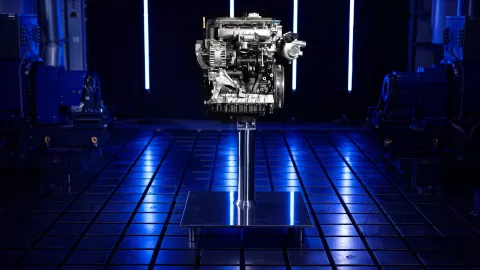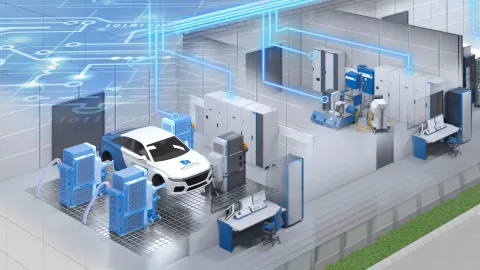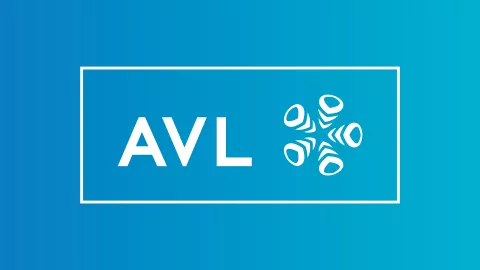ENABLE-S3 Final Event in Graz Follows Three Years of Intensive Research
![_P__9082[4] _P__9082[4]](/sites/default/files/styles/original_small/public/pressrelease/Company/PressReleases/Press%20Releases%202019/_P__9082%5B4%5D_0.jpg.webp?itok=cLrAlWrC)
68 European partners from 16 countries and six domains spent three years working on the research project ENABLE-S3 in the field of automated systems. Coordinated by AVL, a hightech company based in Graz, ENABLE-S3 set itself the objective of establishing an overarching platform for the cost-efficient validation and verification of autonomous and highlyautomated vehicles, trains, tractors, ships, airplanes, satellites and hospital examination equipment. Following intensive research work, the most important findings will be presented as part of a final event on May 16-17, 2019, at the Helmut List Halle in Graz. More than 200 participants from 20 countries have confirmed their attendance.
The event, which will be held in English, brings together representatives of industry, funding agencies, politics and other European undertakings, and informs about one of the largest EU projects ever to be conducted in the field of automated systems. The exhibition, featuring more than 40 prototypes, will give visitors the exclusive opportunity to gain first-hand insights into demonstrators from the sectors Automotive, Aerospace, Rail, Maritime, Health and Farming, and meet the people behind the project.
ENABLE-S3 is funded through the ECSEL Joint Undertaking, which receives support from the European Union's research and innovation program Horizon 2020 and the participating countries. It combines the expertise of a broad range of research institutions, technology providers and users of the systems. 68 European partners have been working together on industry-driven use cases in an effort to improve the safety and security of automated systems in a variety of industries. Among the project partners are AVL as well as renowned institutions and companies, such as Aalborg University (Denmark), Airbus Defence and Space GmbH (Germany), DLR German Aerospace Center (Germany), IBM Research (Ireland), Philips Medical Systems Nederland BV (Netherlands), Renault SAS (France), Siemens (Germany), TNO (Netherlands), Toyota (Belgium) and Universidad Politécnica de Madrid (Spain) and Virtual Vehicle Research Center (Austria).
With more than 12,200 employees, AVL is one of the world's leading mobility technology companies for development, simulation and testing in the automotive industry and in other sectors such as rail, shipping and energy. Based on extensive in-house research activities, AVL delivers concepts, technology solutions, methodologies and development tools for a greener, safer and better world of mobility and beyond.
AVL supports international partners and customers in sustainable and digital transformation. The focus here is on the areas of electrification, software, AI and automation. AVL also supports companies in energy-intensive sectors on their way to green and efficient energy generation and supply.
AVL's passion is innovation. Together with an international network of experts spanning 90 locations with more than 50 competence and development centers worldwide, AVL is driving the future of mobility. In 2024, the company generated a turnover of 2.03 billion euros, of which 11% was invested in R&D activities.
For more information: www.avl.com




Stay up-to-date as a journalist with our latest press releases concerning company updates, research projects, our latest developments, and more.
Download our fact sheet to get a comprehensive overview about what we do as well as our latest company figures.
Get in touch with our Press-Team
For all press and media enquires please email: